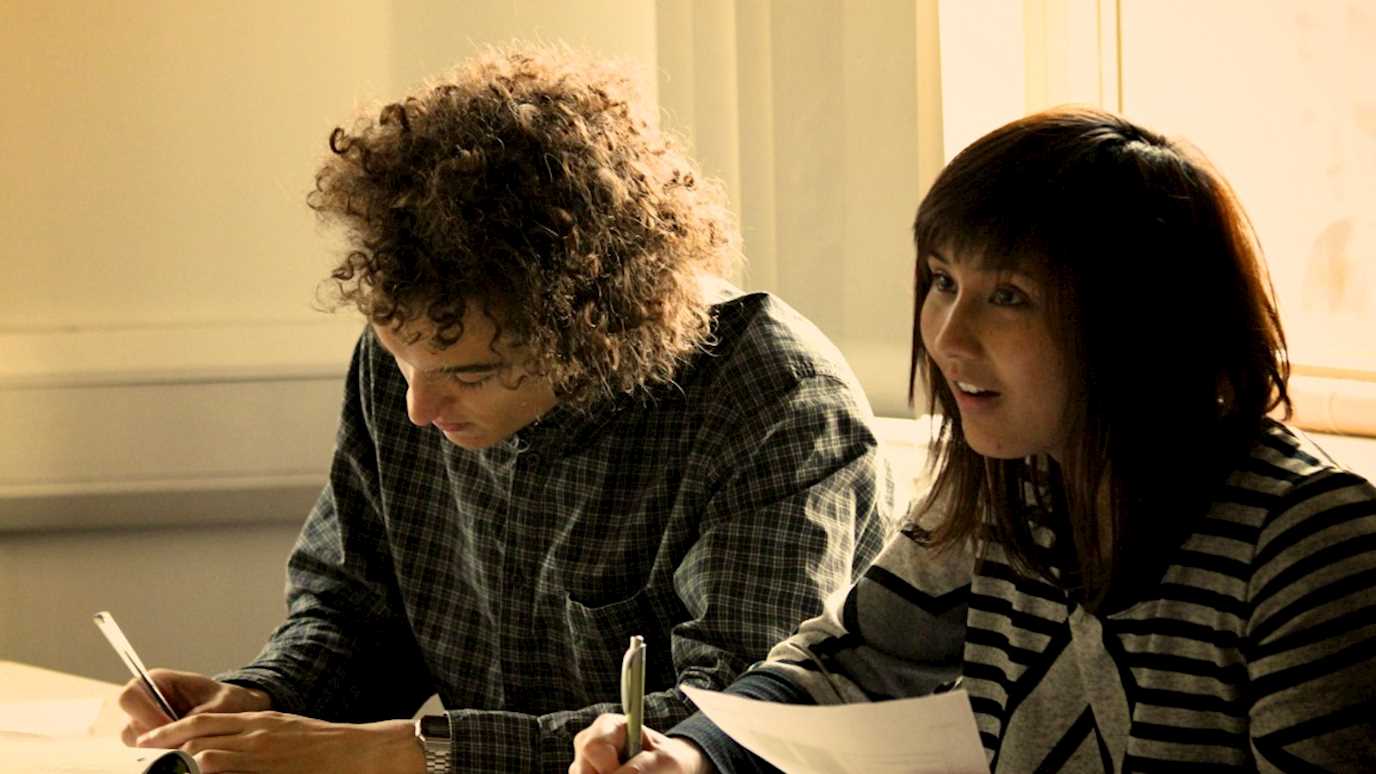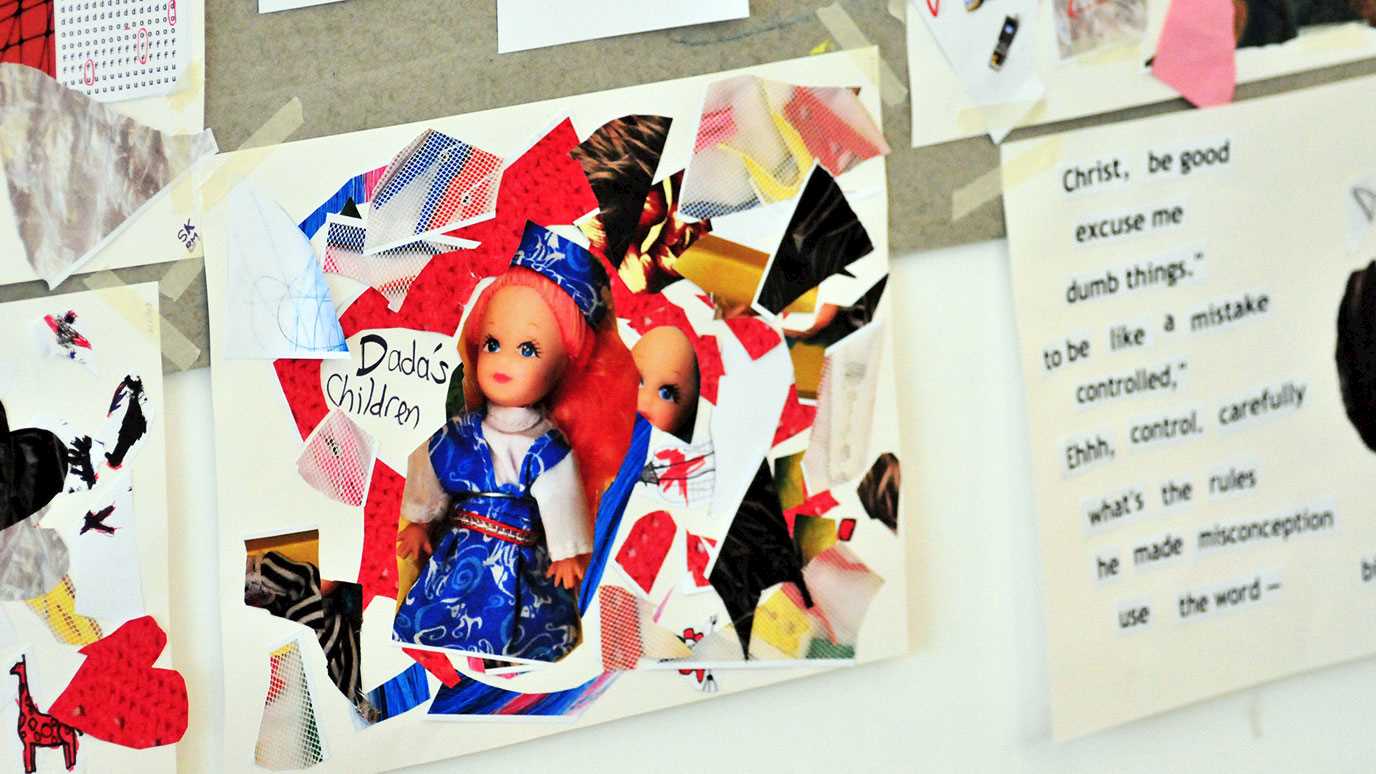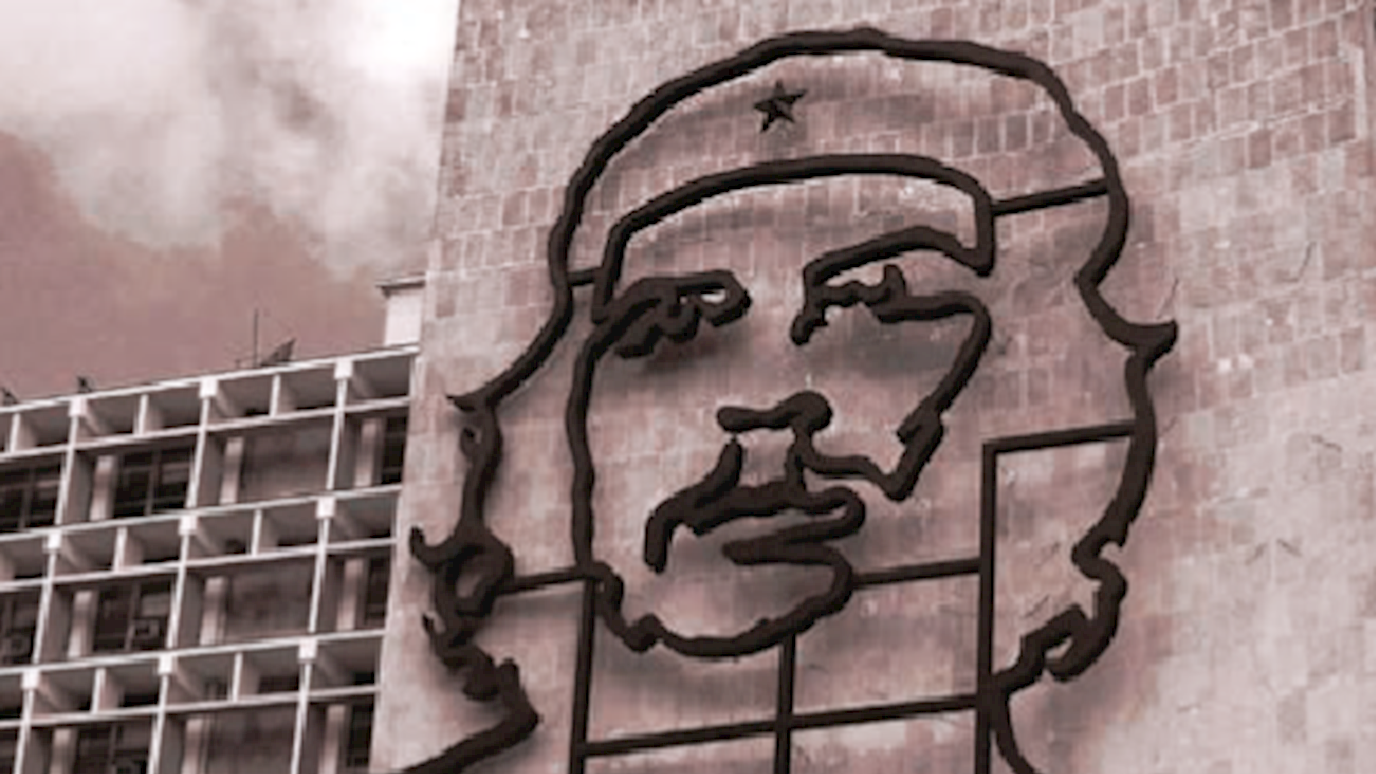A degree in Comparative Literature and Culture (CLC) gives you the opportunity to explore literature, film, philosophy and art from ancient Greece to the twenty-first century, taking a cross-cultural perspective that explores similarities and differences between materials emerging from different languages and cultures.
Modules on the CLC programme cover cultural production in a variety of languages, spanning the Americas, Africa, the Middle East, Asia and Europe, all taught in English translation. CLC is for people who are globally aware and passionate about all kinds of culture.
Studying CLC offers you the opportunity to acquire a sophisticated, critical appreciation of literature, philosophy, film and visual arts, as well as the specific social, historical, and political contexts in which they are created and engaged with. This enables students of CLC to develop the important analytical skills, cross-cultural understanding and global outlooks that are valued by employers.
You do not need to have studied, or study, a foreign language (although it is possible to take one up or continue studying one either as an option or in a joint degree with Modern Languages). You may have already enjoyed studying English, Film or Media Studies, History, Philosophy, History of Art, Theatre Studies, or Languages but wish to develop your understanding of these subjects by taking a more global, comparative perspective.
The CLC programme is taught by academics from the Department of Languages, Literatures and Cultures, who bring expertise in literary and visual cultures from Europe and beyond, including the wider Francophone and German-speaking worlds, Latin America and the Caribbean, and colonial and postcolonial Africa and America.
Why choose CLC at Royal Holloway?
A flexible programme with a wide range of modules
Comparative Literature and Culture can be taken as a Single Honours degree or as a Joint Honours degree with History of Art and Visual Cultures, Drama, Classical Studies, English, Modern Languages (French, German, Italian, Spanish) or Philosophy. It can also be taken with a Minor in International Film.
CLC is a flexible, modular degree programme designed to allow you to develop your own interests and follow your passions. Our expertise spans literature, drama, cinema, poetry, philosophy, painting and sculpture from different periods and places, and in a variety of languages. In your final year, you can research and write a dissertation that develops your own critical perspective on one of the topics you’re studying. Whether you study Single or Joint Honours, it is often possible to take options from outside the department, in History, Classics, and English.
All modules are taught by staff from the Department of Languages, Literatures and Cultures who share a passion for interdisciplinary research that is multilingual and global in outlook. They are leading experts in their fields and have published widely on aspects of European and World literature and film, visual arts, cultural history, critical theory and philosophy. The optional modules you can take reflect this research and their passions!
A critical edge in the global marketplace
Studying Comparative Literature and Culture develops your ability to think broadly and critically beyond conventional geographical and conceptual boundaries in ways which are particularly relevant in a globalised world. You will obtain a sophisticated and critical appreciation of cultural life and diversity, drawing on a very broad range of international literary, film and artistic references as well as major theoretical perspectives.
CLC is designed to develop the kinds of critical, communication and leadership skills and cross-cultural awareness that are particularly valuable in meeting the challenges of today’s workplaces.
A degree for high flyers
A degree in CLC gives you the skills necessary for a wide range of careers, including (but not limited to!) publishing, management, marketing, media, arts administration, broadcasting, fashion, international management, the civil service, accountancy and teaching.
Recent graduates have launched careers in Content Writing, Photographic Editorial, Journalism, Marketing, Sales, Publishing, Film and Retail Buying. Others have gone on to do Postgraduate degrees, such as our MA by Research in Comparative Literature and Culture, MA in Creative Writing, MA Cultural Criticism (Amsterdam), MA Fine Art (Courtauld Institute).























